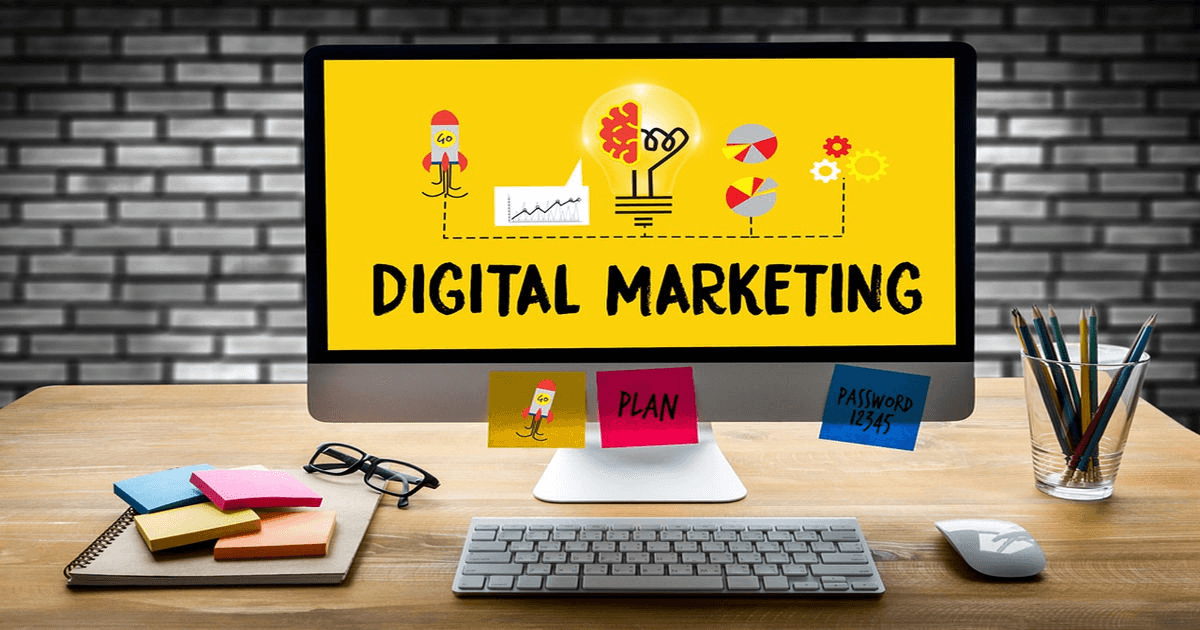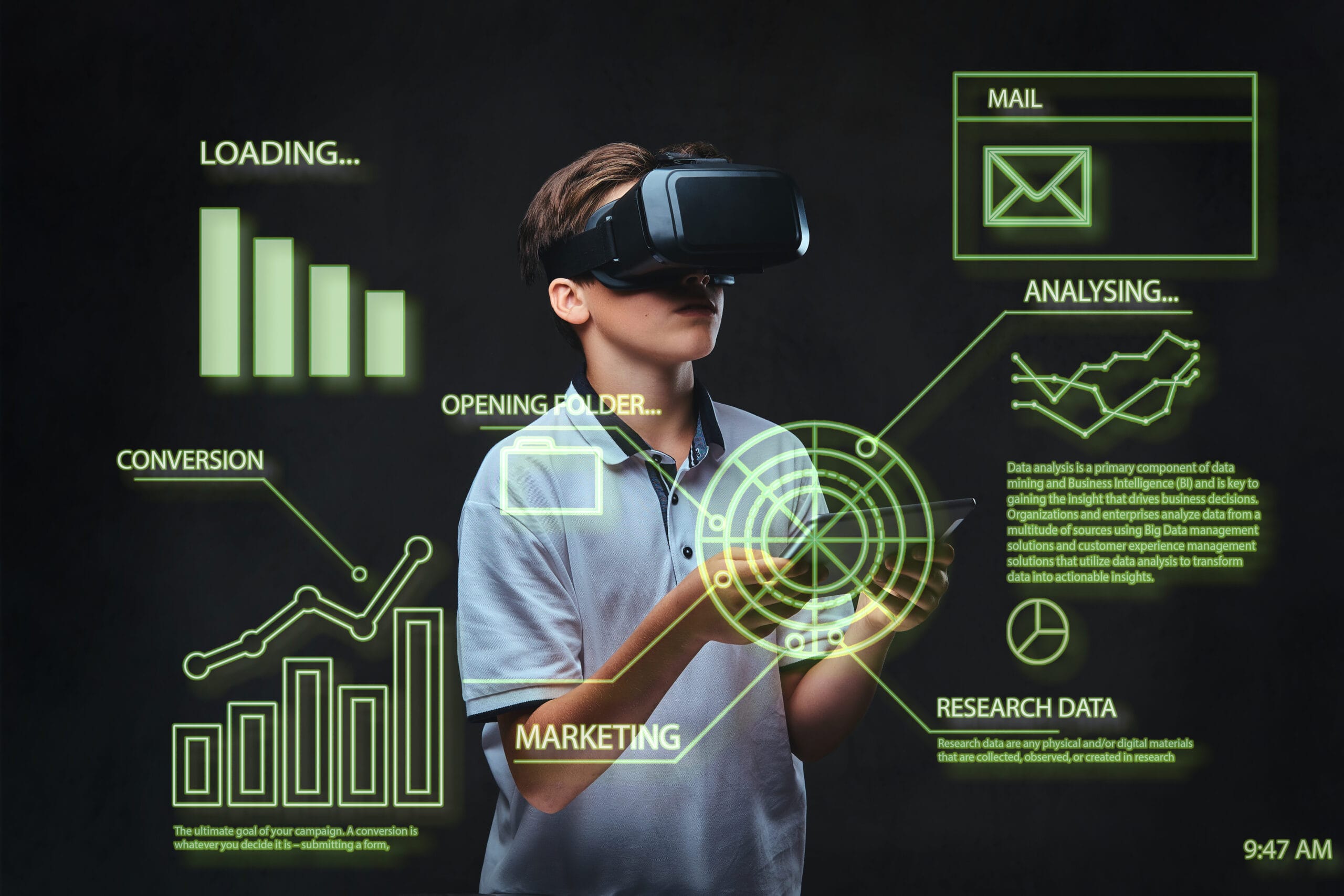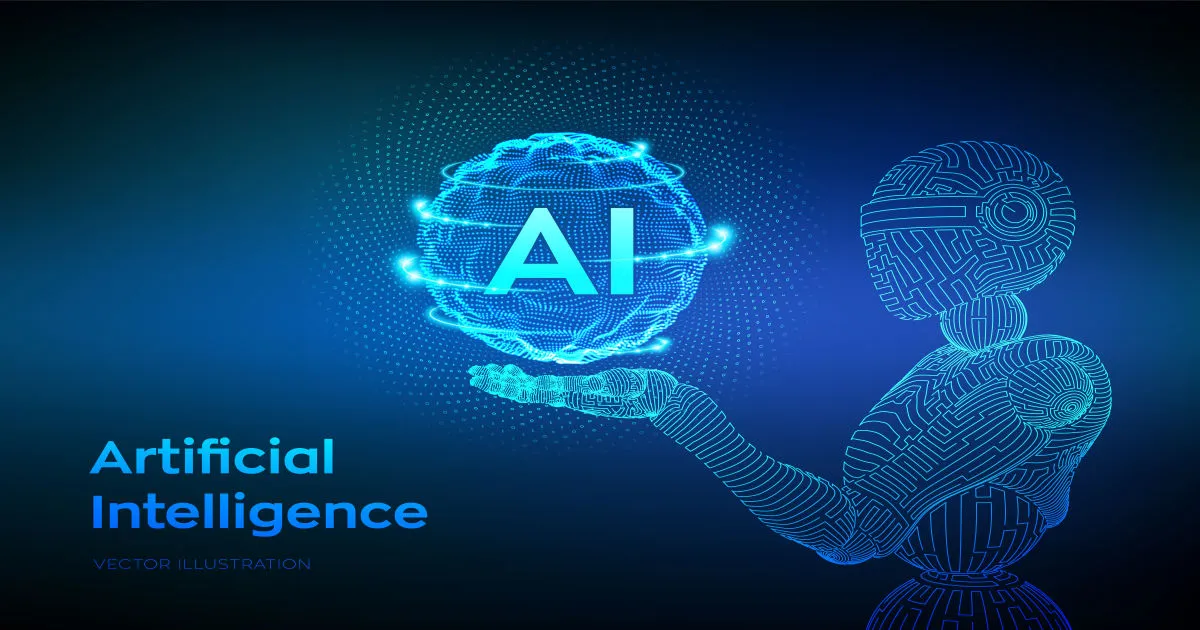Evolution of Digital Marketing in India
Evolution of digital marketing in India refers to the use of digital channels, platforms, and technologies to promote products, services, brands, or messages to target audiences. It encompasses a wide range of online marketing tactics and strategies aimed at reaching and engaging consumers in the digital landscape. Unlike traditional marketing methods, which rely on offline channels such as print ads, television, and direct mail, digital marketing leverages the internet and electronic devices to deliver marketing messages in a more targeted, measurable, and interactive manner.
Evolution of digital marketing in India encompasses various components and techniques, including search engine optimization (SEO), search engine marketing (SEM), content marketing, social media marketing (SMM), email marketing, influencer marketing, affiliate marketing, video marketing, and more. These strategies are executed through different digital channels such as websites, search engines, social media platforms, email, mobile apps, and online advertising networks.
The key characteristics of digital marketing include:
- Targeted Audience Reach: Digital marketing allows businesses to target specific demographics, interests, behaviors, and geographic locations to reach their ideal audience segments more effectively.
- Measurable Results: Digital marketing campaigns can be tracked, analyzed, and measured using various metrics and analytics tools, providing insights into campaign performance, audience engagement, and return on investment (ROI).
- Interactive Engagement:: Digital marketing facilitates two-way communication and interaction between brands and consumers through features such as comments, likes, shares, reviews, and direct messaging, fostering engagement and building relationships.
- Personalized Content: Digital marketing enables the creation and delivery of personalized and relevant content tailored to the preferences, needs, and interests of individual consumers, enhancing the overall customer experience.
- Cost-Effectiveness**: Compared to traditional marketing methods, digital marketing often offers lower costs per impression, click, or conversion, making it a cost-effective option for businesses of all sizes, including small businesses and startups.
- Global Reach: Digital marketing allows businesses to expand their reach beyond local markets and target audiences on a global scale, breaking down geographical barriers and reaching potential customers worldwide.
- Real-Time Optimization: Digital marketing campaigns can be optimized and adjusted in real-time based on performance data and insights, allowing marketers to make timely adjustments to improve campaign effectiveness and achieve marketing objectives.
Overall, digital marketing plays a crucial role in modern marketing strategies, enabling businesses to leverage the power of the internet and digital technologies to connect with consumers, drive brand awareness, generate leads, increase sales, and ultimately, grow their businesses in today’s digital-first world.
SEO
Evolution of digital marketing in india the SEO Also Plays Very Important role. SEO, or Search Engine Optimization, is the process of optimizing a website or online content to improve its visibility and ranking in search engine results pages (SERPs). The goal of SEO is to increase organic (non-paid) traffic to a website by ensuring that it appears higher in search results for relevant queries
- Keyword Research: Identifying the words and phrases (keywords) that users enter into search engines when looking for information related to your business or industry. Keyword research helps determine which terms to target in your SEO efforts.
- On-Page Optimization: Optimizing various elements on individual web pages to improve their relevance and search engine ranking. This includes optimizing meta tags (title tags, meta descriptions), headings, content, images, and URLs with relevant keywords.
- Off-Page Optimization: Building external links (backlinks) from other reputable websites to your site. Backlinks serve as endorsements of your content’s quality and relevance, which can positively impact your search engine ranking.
- Technical SEO: Optimizing the technical aspects of your website to improve its crawlability, indexability, and user experience. This includes optimizing site structure, improving page speed, fixing broken links, implementing schema markup, and ensuring mobile-friendliness.
- Content Creation and Optimization: Creating high-quality, informative, and engaging content that satisfies user search intent and addresses common questions or concerns within your industry. Content optimization involves incorporating relevant keywords, formatting content for readability, and ensuring it provides value to users.
- User Experience (UX) Optimization: Enhancing the overall user experience of your website to keep visitors engaged and encourage them to explore further. This includes improving site navigation, reducing page load times, optimizing for mobile devices, and creating clear calls-to-action.
- Local SEO: Optimizing your online presence to appear in local search results, particularly for location-based queries. This involves creating and optimizing Google My Business listings, obtaining local citations, and encouraging positive reviews from customers.
- Monitoring and Analysis: Regularly monitoring your website’s performance using analytics tools to track key metrics such as organic traffic, keyword rankings, backlink profile, and conversion rates. Analyzing this data helps identify areas for improvement and informs future SEO strategies.
SEO is an ongoing process that requires continuous effort and adaptation to changes in search engine algorithms, user behavior, and industry trends. By implementing effective SEO strategies, businesses can increase their online visibility, attract more targeted traffic, and ultimately, achieve their marketing and business goals.
SMM
Social media marketing (SMM) is a form of internet marketing that uses social media apps as a marketing tool.
These social media platforms enable brands to connect with their audience to:
- build a brand;
- increase sales;
- drive traffic to a website; and
- build a community of followers to share and engage with content.
Producing relevant content that users will share with their own networks helps brands increase their exposure. It also extends their reach toward fans, potential customers and even potential employees when used as a recruitment tool.
Social media marketing also enables organizations to get customer feedback while making the company seem more personable. Social media enables organizations to create relationships with their audience. It gives end users a platform to ask questions, voice complaints and generally be heard. It also gives brands the opportunity to respond, adapt and adjust business processes or products.
Some popular social media apps include Facebook, Twitter, LinkedIn, YouTube, Pinterest, Instagram and Snapchat. Each platform has elements that makes it attractive to use. And when a company uses several in combination to deliver a multichannel message, consumers can see those messages on their preferred channels.
FOR MORE BLOGS
CONTENT MARKETING
Content marketing is a strategy and business process that uses valuable and relevant digital assets like text, images, and video to attract and retain a clearly defined audience. It’s a type of inbound marketing strategy that delivers value to a business’s audience through entertaining, educational, or informative content. This also plays a very important role in Digital marketing evolution.
Content marketing comes in four basic forms — written, audio, video, and image. Most businesses use several forms of content to engage with their audiences across platforms like social media, websites, and ads.
This form of marketing puts the customer at the heart of a brand’s messaging. Rather than spamming customers with advertising-laden messaging, content marketing provides them with valuable content and engages them throughout the customer journey.
It goes beyond pushing a product to a potential customer, instead putting the relevant information out there and following the customer from the awareness phase to the decision phase. Content marketing includes presenting content like how-to guides or story-based ads that provide a real benefit to the consumer.








